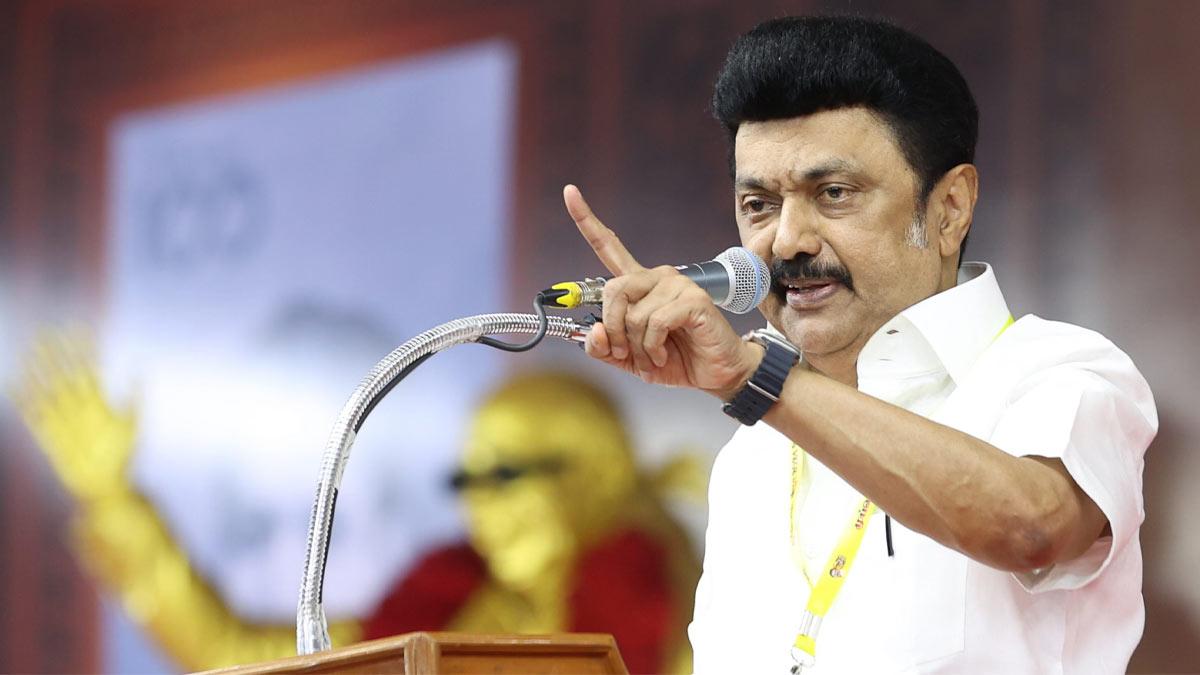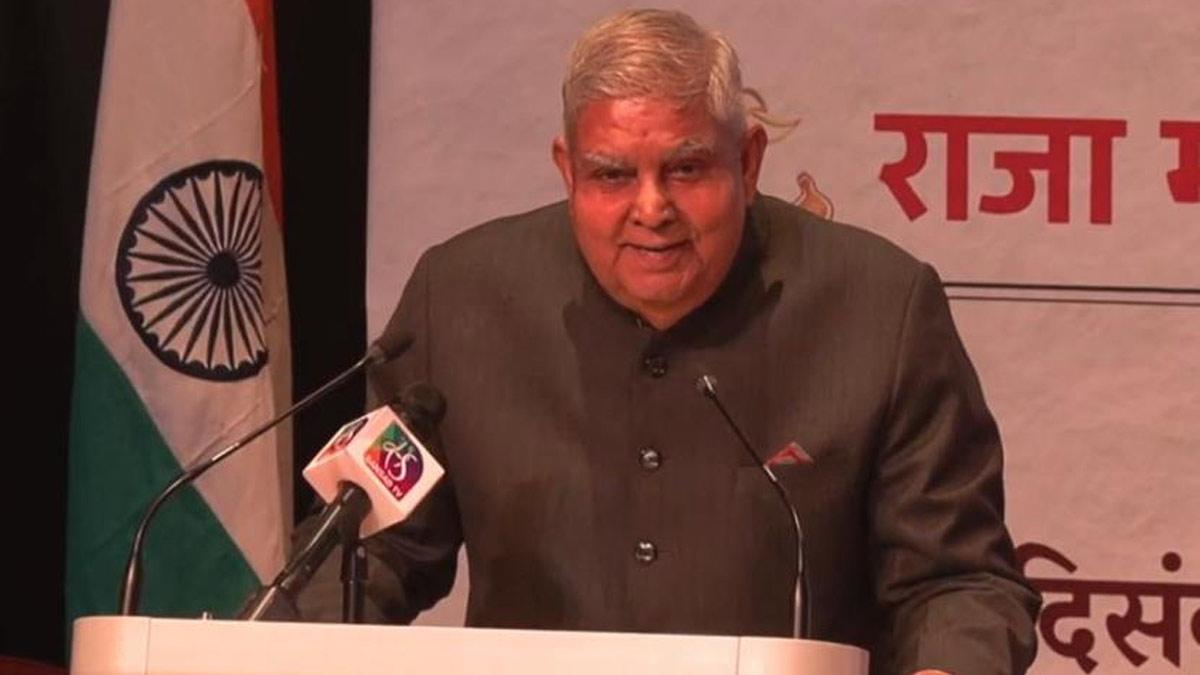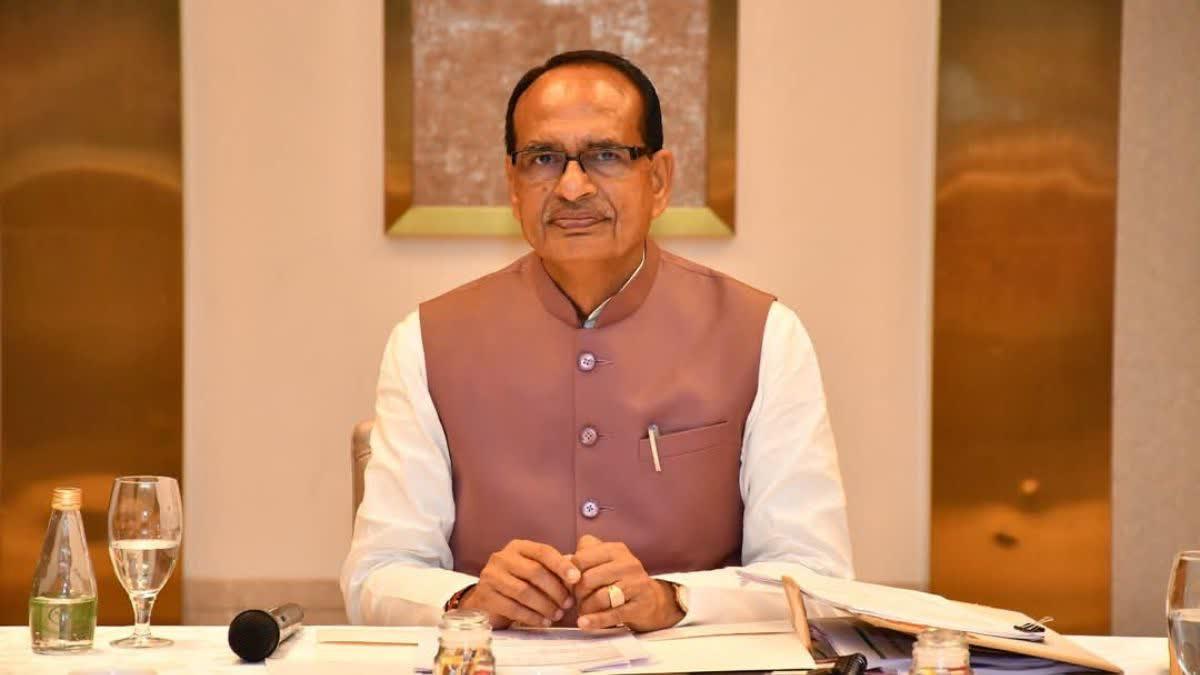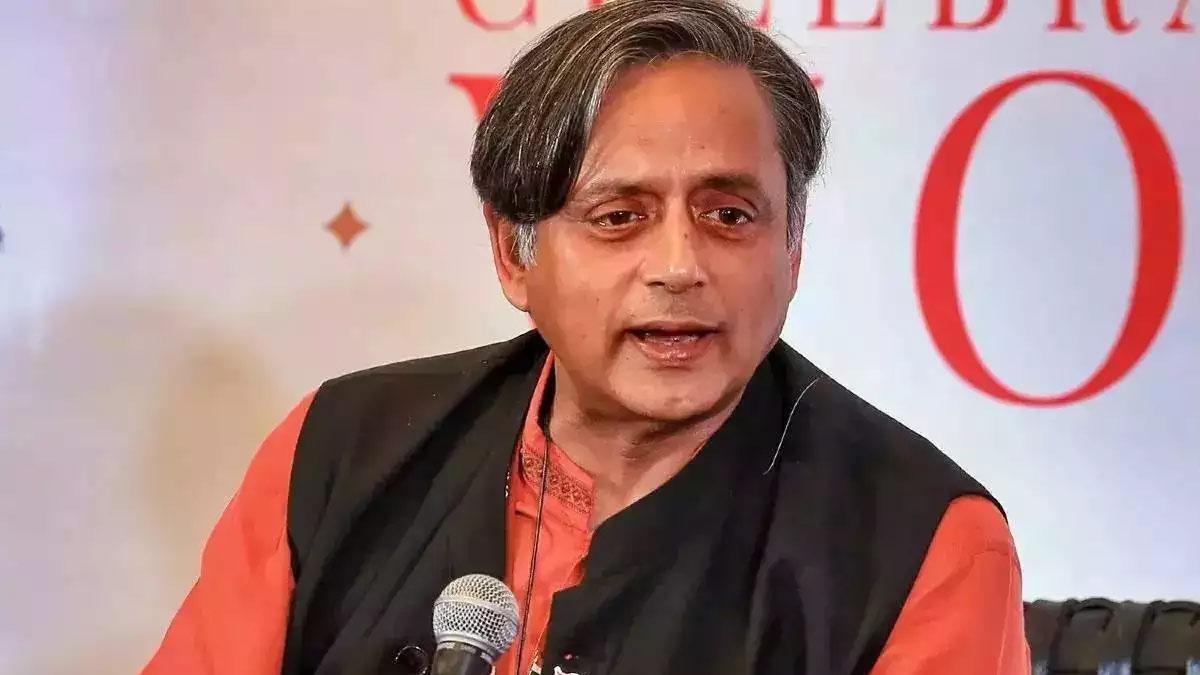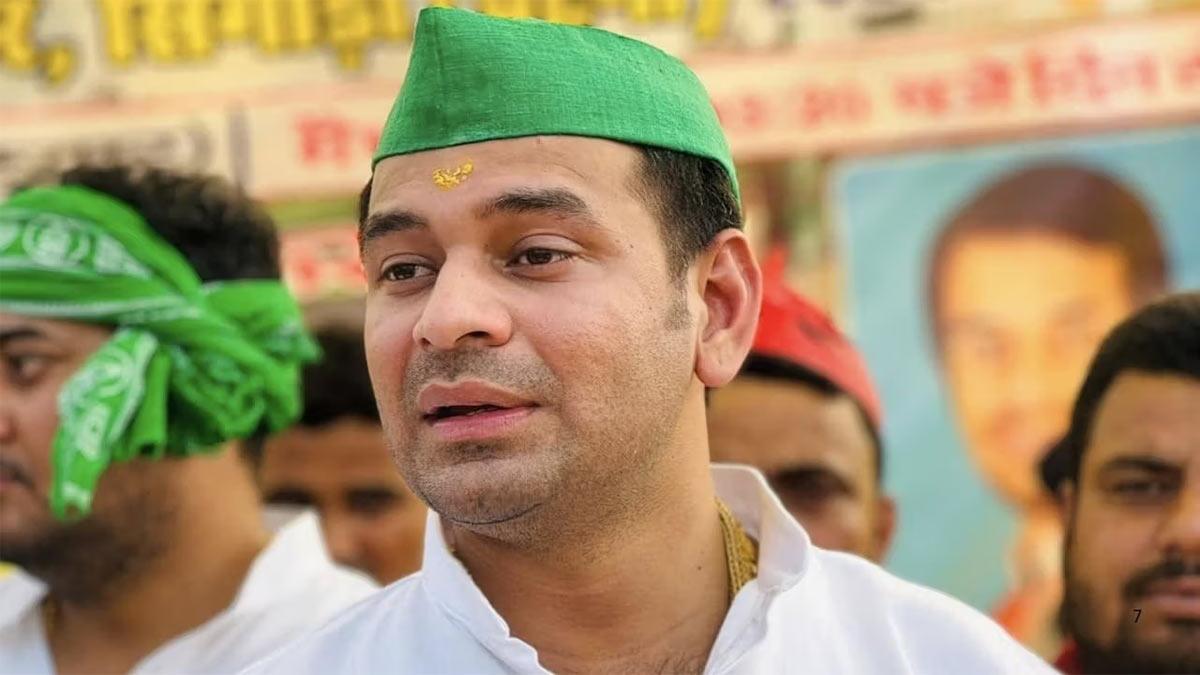On Saturday, an important anti-delimitation conference of the Joint Action Council (JAC) was convened in Chennai by Tamil Nadu Chief Minister M.K. Stalin.
This conference was attended by three Chief Ministers, a Deputy Chief Minister, and leading Opposition leaders, including Congress representatives.
Stalin, who called the event, has become a powerful leader spearheading the movement against the BJP nationwide. Yet one of the main Opposition players, the Trinamool Congress, did not turn up.
The inaugural JAC meeting, "Fair Delimitation," was organized by the DMK in Chennai and saw the participation of Kerala's Chief Minister Pinarayi Vijayan, Telangana's Chief Minister A. Revanth Reddy, and Punjab's Chief Minister Bhagwant Mann. They were joined by Karnataka's Deputy Chief Minister D.K. Shivakumar and party representatives such as the Biju Janata Dal (BJD), Bharat Rashtra Samithi (BRS), and Congress. West Bengal's Trinamool Congress chose not to send a representative despite an invitation.
This meeting is a milestone in CM Stalin's broadening initiatives to consolidate Opposition forces, an initiative that started with a March 5 all-party conference in Tamil Nadu. There, 58 registered political parties barring the BJP set aside their ideological differences and came together to take a common stand against the delimitation process that will take place in 2026.
The DMK and its coalition partners argue that the delimitation will undermine India's federal character. It will, they fear, disproportionately cut representation in southern and eastern states—states which have made significant progress in curbing population growth, economic development, and better health, education, and social welfare.
Despite Union Home Minister Amit Shah assuring southern states in Coimbatore last month that they will not lose seats in parliament, the Tamil Nadu government went ahead with the JAC meeting. CM Stalin has rubbished Shah's comment, made in a public rally, as vague and non-legal.
In a video message released on Friday, CM Stalin opposed the delimitation plan in strong terms: "The current delimitation process will deal a blow to the very foundation of Indian federalism. States that have acted responsibly in curbing population growth and made efforts towards national development should not be penalized. It will dilute the very essence of democracy itself."
The JAC’s agenda includes advocating for the extension of the current delimitation framework, which is based on the 1971 Census, for another 30 years beyond 2026. Additionally, the council plans to draft a resolution calling for a reconsideration of the proposed delimitation, explore legal options such as petitions to the Supreme Court, and launch public awareness campaigns in the affected states.
While it began as a regional movement organized by Tamil Nadu, the effort has now expanded to become a national movement, according to Stalin. "States from across India are coming together and demanding better representation. This is more than a gathering — it is the start of a movement that will determine the destiny of our nation," he asserted.
This event is different from the usual political coalition event. Unlike the Opposition's INDIA bloc, whose events to date have not seen anything like such a prominent meeting, the JAC has united on a specific cause instead of a customary political agenda.
The main issue of concern for the participating states is that any shift based on the new census might reduce their numbers in the Lok Sabha, hence their clout in policy-making and budget allocation. Opponents caution that states with bad governance and weak population control may be awarded additional seats, which will shift the federal balance in the direction of northern states, which are generally BJP bastions.
Saturday's meeting was concentrated on formulating a unified political and legal plan to counteract the possible outcomes of the 2026 delimitation. This encompasses constitutional petitions, intervention by the Supreme Court, and concerted action in bringing the case to the forefront of the national agenda, most notably within the INDIA bloc.
In doing so, CM Stalin and the DMK have established themselves strongly at the center of a national discussion with significant consequences for the future of India's federal architecture.
Read also| Aaditya Thackeray Claims Ongoing Efforts to Defame Him Over Disha Salian Death Case

